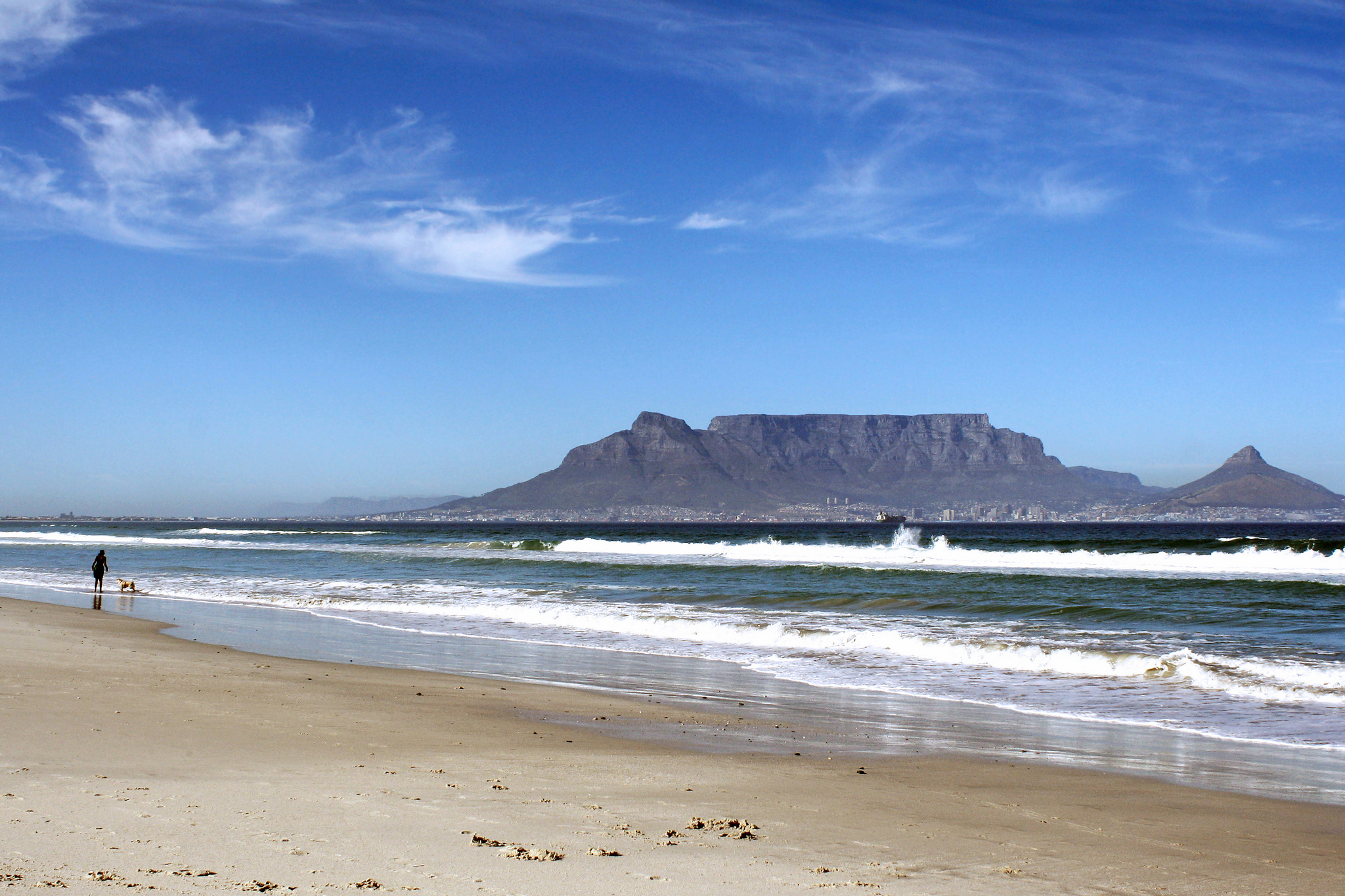This was somewhat foreign territory for me. The West Coast of South Africa was about as far as you could get from where I grew up, at least without leaving the country all together. Now, living in Cape Town, the ice cold waters of the West were not much further away than a few moments of laughter shared with friends.
We found ourselves in a town by the coast. It was the sort place that really could have been anywhere, you know?
It was small and quiet; life seemed to center around the petrol station, the local pubs and of course the beach. The streets were alive, in an unsettling kind of way. They were mostly filled with young men carrying packets full of crayfish, and some of them waved the clawed companions in our direction:
“Twenty-five rand. Just twenty five rand. Cheap, cheap. Just for you, sir!”
Smiling nervously and offering not much more than a wave, we drove past the men only to meet many more a few meters down the road. Slowly but surely the unsettling fog of discomfort became as clear to me as the crisp ocean air on that winter’s morning. Without knowing an iota of history of the land upon which we stood, I soon realized what I was seeing—no, feeling: that these were displaced people.
The intersections of class and race, often blurred together in the chaos of the city, were so simple and downright visceral on the streets of this ordinary town. The urgency and the busy-ness of the street to my left juxtaposed with the calm, holiday-esque attitude of patrons in the lily white stores to my right. On one hand, there was permanence. The cemented stores, embellished and molded in a familiar Old Dutch-style architecture, stood largely empty and yet full of an imposing atmosphere. The racialized bodies standing alongside this space sold their wares by the roadside, some seated on old plastic crates and others carrying what they could with their own hands, marching down the street, constantly moving.
The intersections of class and race, often blurred together in the chaos of the city, were so simple and downright visceral on the streets of this ordinary town.
There were flags above a restaurant in front of us that caught my eye. I felt a familiar pang in my chest when I read aloud the names the countries celebrated on those white walls: France, Germany, the United Kingdom, South Africa.
That flag. Our flag became recontextualized in that moment for me. I wondered who exactly it was representing. In this space that on the surface seemed peaceful, there also seemed to be a violent, special politics underway that carried the bitter aftertaste of colonialism. Our flag raised high unashamedly illustrated the open secret of the era of collusion and submission that we found ourselves in.
I guess this is what post-flag independence looks like.
The private-public beaches on the West Coast. The ocean waves roared, quietly, the following morning. It felt like a sound that should have been calming and in many ways, it was. My tortured mental state notwithstanding.
Haha.
As I walked out onto the sandy beach, I noticed the stretch of homes surrounding it. From the edge of the water, looking back onto the land, it had the feeling of a private enclave. This feeling married thoughts in the recesses of my mind—working through understanding how spaces for the public can be owned, how they can be captured in the present in ways that seem banal in comparison to the violent conquests that once lit the West Coast on fire.
White walls, empty houses, displaced people.
Ticking time bomb.
Unsurprisingly, there was an uneasiness within me…a feeling not too distant a relative from guilt. It felt wrong to be moving through this space with only the intention of buying firewood. It brought to life the reality that my presence here was a tacit endorsement of this criminal situation.
“Don’t you worry. Nature will take it all back.”
There we were, set adrift on the West Coast.
